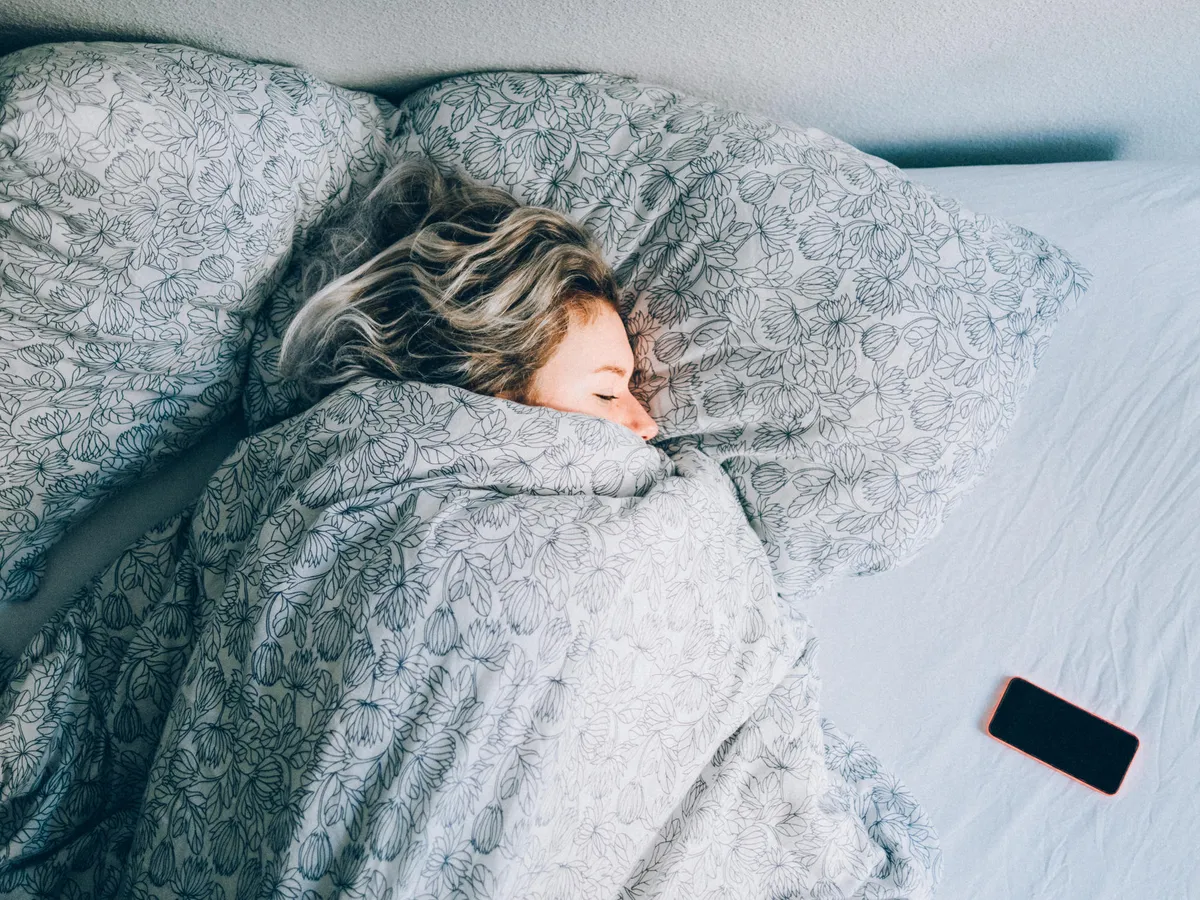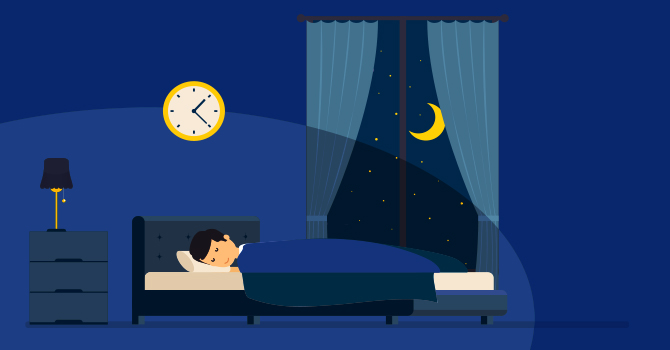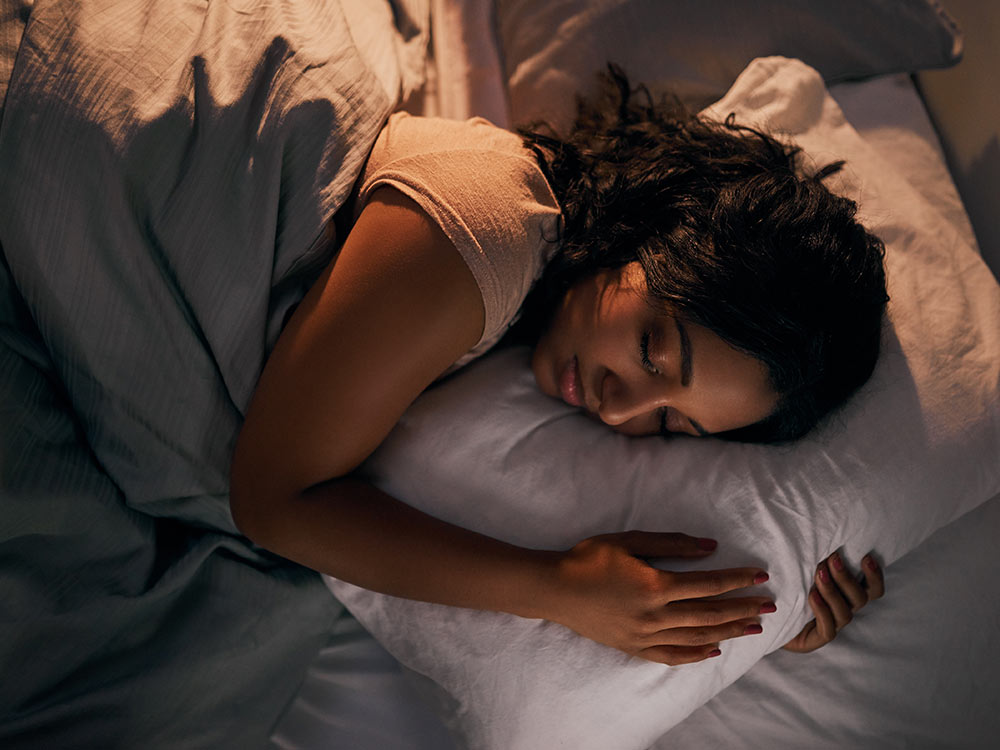Title: Sleep Hygiene 101: Tips for Establishing Healthy Bedtime Habits
Quality sleep is essential for overall health and well-being, yet many people struggle to get enough restorative sleep due to poor sleep habits and environmental factors. Sleep hygiene refers to a set of practices and habits that promote healthy sleep patterns and improve the quality and duration of sleep. By adopting good sleep hygiene practices, individuals can enhance their sleep quality, increase daytime alertness, and improve overall health. Here are some tips for establishing healthy bedtime habits and optimizing sleep hygiene:
1. **Maintain a Consistent Sleep Schedule**:
– Go to bed and wake up at the same time every day, even on weekends. Consistency helps regulate your body’s internal clock and promotes better sleep quality.
– Aim for 7-9 hours of sleep per night, depending on your individual needs and preferences.
2. **Create a Relaxing Bedtime Routine**:
– Establish a calming bedtime routine to signal to your body that it’s time to wind down and prepare for sleep.
– Engage in relaxing activities before bed, such as reading a book, taking a warm bath, practicing deep breathing or meditation, or listening to soothing music.
3. **Optimize Your Sleep Environment**:
– Create a sleep-friendly environment that is cool, dark, quiet, and comfortable.
– Use blackout curtains or a sleep mask to block out light, and use earplugs or a white noise machine to mask unwanted noise.
– Invest in a comfortable mattress and pillows that provide adequate support for your body.
4. **Limit Exposure to Screens Before Bed**:
– Reduce exposure to electronic devices such as smartphones, tablets, computers, and televisions in the hour leading up to bedtime.
– The blue light emitted by screens can disrupt the production of melatonin, a hormone that regulates sleep-wake cycles, making it harder to fall asleep.
5. **Watch Your Diet and Hydration**:
– Avoid heavy meals, caffeine, nicotine, and alcohol close to bedtime, as they can interfere with sleep quality and disrupt sleep patterns.
– Limit fluids in the evening to reduce the need for nighttime bathroom trips, but make sure to stay hydrated throughout the day.
6. **Get Regular Exercise**:
– Engage in regular physical activity during the day, but avoid vigorous exercise close to bedtime, as it can increase alertness and make it harder to fall asleep.
– Aim for at least 30 minutes of moderate-intensity exercise most days of the week to promote better sleep quality.
7. **Manage Stress and Anxiety**:
– Practice stress-reduction techniques such as mindfulness meditation, progressive muscle relaxation, or journaling to help calm your mind and reduce anxiety before bedtime.
– If worries or racing thoughts keep you awake at night, try writing them down or practicing relaxation techniques to help quiet the mind.
8. **Limit Naps During the Day**:
– While short naps can be beneficial for some people, avoid long or late-afternoon naps, as they can interfere with nighttime sleep and disrupt your sleep-wake cycle.
9. **Seek Professional Help if Needed**:
– If you continue to struggle with sleep despite implementing good sleep hygiene practices, consider seeking help from a healthcare professional or sleep specialist.
– Underlying medical conditions, sleep disorders, or other factors may be contributing to your sleep difficulties and may require further evaluation and treatment.
By incorporating these tips into your bedtime routine and making sleep hygiene a priority, you can improve the quality and duration of your sleep, enhance daytime alertness, and promote overall health and well-being. Remember that establishing healthy sleep habits takes time and consistency, so be patient and give yourself grace as you work towards better sleep.



